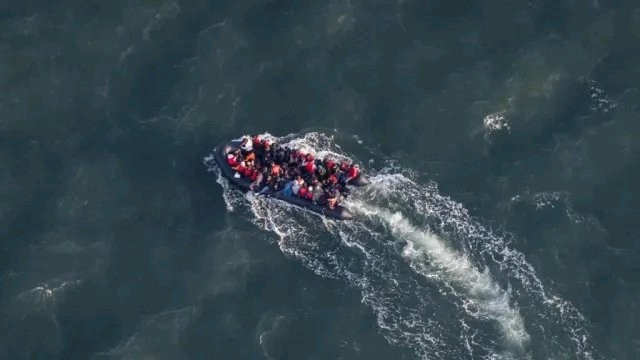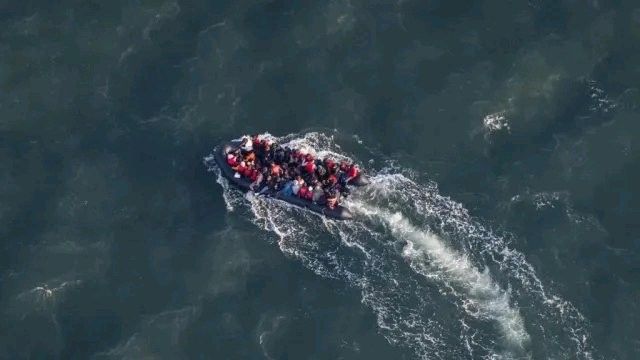
an Ethiopian man has taken legal action against the French state following the drowning of his family in the English Channel. The incident, which occurred in 2021, resulted in the loss of 27 lives when the boat they were traveling in capsized.
The man, Fikeru Shiferaw, lost his wife and two children in the disaster. The inflatable vessel they were aboard began taking on water during the early hours of November 24, leading to the catastrophic event. Out of the passengers, only two survived, and four remain unaccounted for.

According to RFI, This lawsuit marks a significant moment as it is believed to be the first of its kind since the English Channel became a major route for migrants from Africa, the Middle East, and Asia attempting to reach England from France. The French authorities have faced criticism for their alleged failure to respond to approximately 15 calls for help. In response to the incident, prosecutors charged seven military personnel last year for failing to assist persons in danger.
Shiferaw filed the request for damages with a court in Lille, supported by migrant rights groups Utopia 56 and the French Human Rights League (LDH). These organizations have expressed hope that other families of the victims will join the lawsuit. Nikolai Posner of Utopia 56 emphasized the importance of this legal action, suggesting it could set a precedent for future cases
The tragedy has brought to light the complex and often contentious issue of migrant crossings in the English Channel. The route is fraught with danger, yet it remains a path many choose in search of asylum and a better life. The incident has also raised questions about the responsibilities of authorities in safeguarding the lives of those making the perilous crossing.
According to reports, the passengers, many of whom were Iraqi Kurds, contacted France’s Channel rescue center to report that their vessel was deflating and the engine had stopped. Despite sending their location via WhatsApp, they received a response indicating they were in English waters, suggesting a jurisdictional dispute over rescue efforts¹.
The legal case against the French state is a poignant reminder of the human cost of migration and the desperate circumstances that drive people to undertake such risky journeys. It also underscores the need for greater cooperation between nations to ensure the safety and dignity of all individuals, regardless of their migratory status.
As the case progresses, it will undoubtedly draw attention to the broader issues surrounding migration policies and the treatment of those seeking refuge. The outcome may influence how similar incidents are handled in the future and could potentially lead to changes in international maritime law and rescue protocols.




